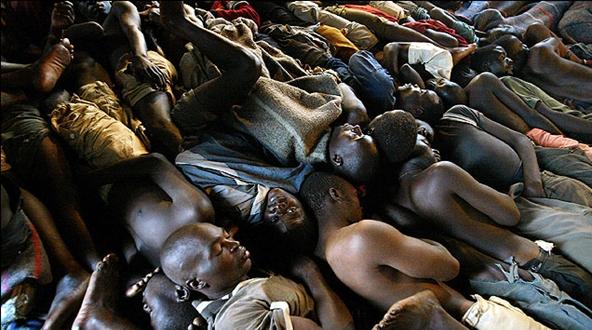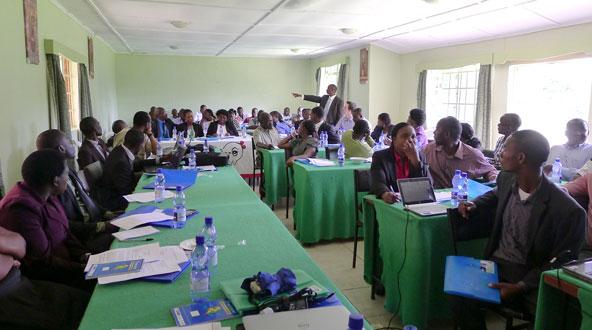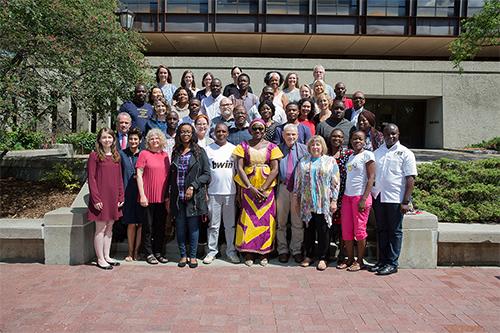
Malawi – five years after abolishing the mandatory death penalty
Following this ruling, resentencing hearings were granted to over 180 prisoners that were sentenced to the mandatory death penalty and are still alive today. Resentencing hearings give prisoners the opportunity to present mitigating evidence before the court so that a judge may be persuaded to hand down a sentence other than death.
Fantastic right? Yes. But, how many of the prisoners have had their resentencing hearing? Very depressingly the answer to this question is zero. Not one of the 180 prisoners has been afforded a resentencing hearing in the five years since the Kafantayeni ruling. The sad truth is that Malawi’s criminal justice system is simply not in a position to ensure that the rights of these prisoners are protected.
Access to a lawyer
As none of the prisoners have the means to retain a private lawyer they are reliant on the assistance given to them by Legal Aid lawyers. However, in a country of 14 million people, the vast majority of whom live below the poverty line, there are only 18 legal aid lawyers that struggle to meet the massive demand. In addition, Zomba Maximum Security Prison is 70 kilometers from the nearest Legal Aid lawyers who have no means of transport.
Even if the Legal aid lawyers had the time and resources to help these prisoners, they would face numerous other hurdles. Court files for the majority of the prisoners have been lost in the maze of files that litter the criminal registries throughout the nation. In their absence it is extremely difficult for lawyers to develop persuasive arguments in mitigation.
Making the situation even more urgent is the fact that the average in-prison life expectancy is a meager 10 years. Due to the overcrowded nature of Malawi’s prisons, prisoners are packed into cells like sardines (photo) which facilitates the spread of HIV and TB. With such a short life expectancy it is possible that many of these prisoners will die before they are given the chance to appeal their sentence.
Working to help Legal Aid
There are currently several organizations that are working to help Legal Aid deal with its huge criminal workload. The Center for International Human Rights has written several appeals for some of those that were sentenced to the mandatory death penalty. Three appeals that will be heard in October this year are for prisoners that were juveniles at the time of the offence.
The Centre for Capital Punishment Studies (CCPS) is working to reduce the large homicide remandee population. Some remandees have been awaiting their trial for over eight years. The CCPS has developed a ‘bail project’ which trains and sends Malawi law students into prison to write bail applications which are then pushed on to Legal Aid.
The abolition of the mandatory death penalty in Kafantayeni and the fact that Malawi has not actually carried out an execution since 1992 puts the country in good stead to abolish the death penalty. Countries like Malawi that have made the transition to democracy increasingly see abolition of the death penalty as a necessary step to signal their commitment to human rights.
In recent years two of Malawi’s neighbouring countries, South Africa and Mozambique have abolished the death penalty.
Categories
Malawi





